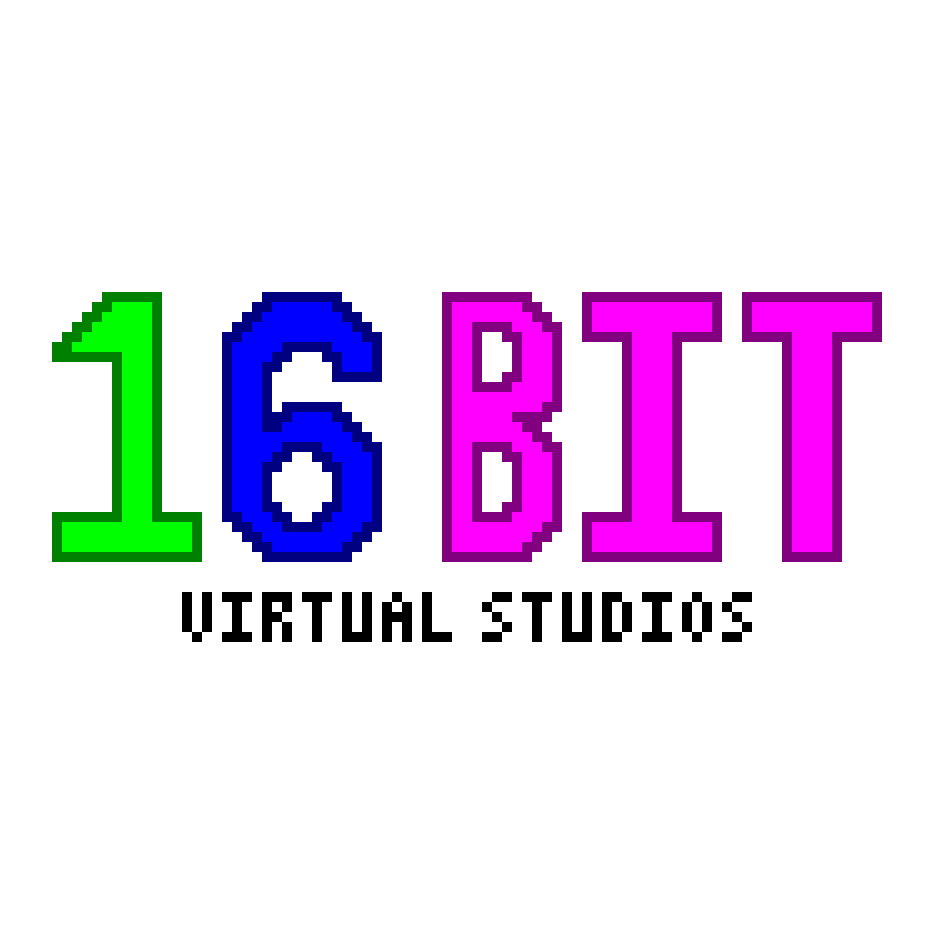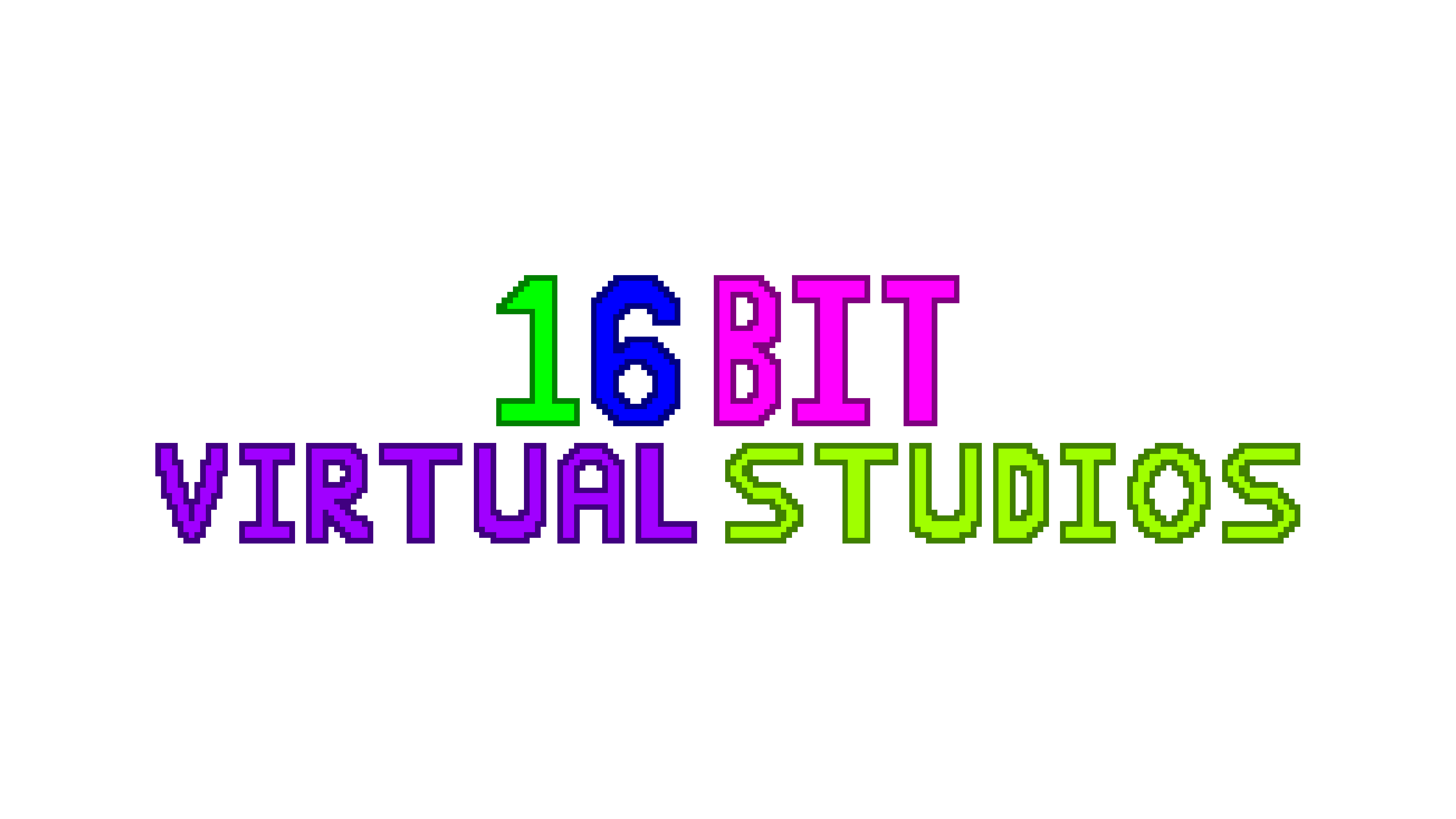

For me, Windows 11 mandatory account, and Internet on setup. Yes there are bypasses, yes I could upgrade from 10. But where I’m from, having the internet isn’t always a given.
So imagine dropping $500-$1000 on a new laptop booting it up for the first time, and learning that its now a brick since Windows refuses to let you use it since you have no internet. No Pro license can unbork you from this.
Even MacOS isn’t that dumb (for now).
The account thing is a personal beef I have with windows. I.e. my PC my account, why does it need to be online, I have no reason for it.
So my plan was to migrate to FOSS or proper cross platform software for work, see if Linux works, and if it doesn’t move to MacOS. So far Linux Mint has been stable.




Giving you a heads up as a Onyx Boox Nova 3 owner. These devices are poorly supported. You’d get maybe a year of “updates”, meaning the bundled apps are updated. But after that you are on your own.
It’s a brilliant e-reader don’t get me wrong, and I’ll take it over a Kobo or a Kindle any day. But go in assuming that you’d want to keep it offline.